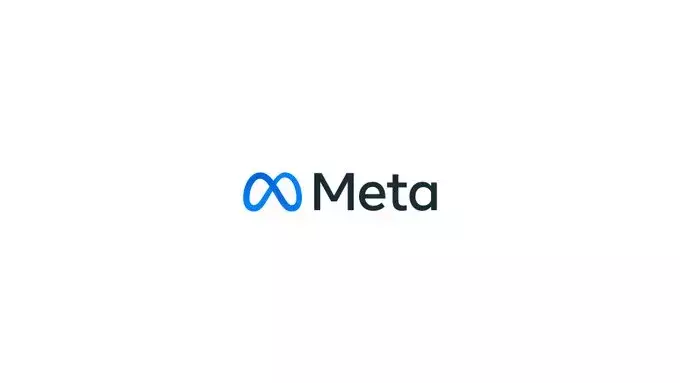In recent developments, Meta has introduced a series of updates to its Terms of Service and Community Standards. While these adjustments may seem minor on the surface, they carry significant implications regarding user agreement, data usage, and platform conduct. This article aims to dissect the key elements of these updates, exploring their potential impact on users and the broader implications for online privacy and transparency.
Clarifying User Agreement
At the core of Meta’s updated Terms of Service is a clearer articulation of what it means to agree to these terms by using their platforms. The revised opening statements convey a straightforward message: users are entering into a contractual agreement with Meta Platforms, Inc. by accessing its applications. This direct approach leaves little room for ambiguity, indicating that if users do not accept these terms, they should refrain from using Meta’s services—a considerable shift from the previous, less conspicuous wording.
This clarification exemplifies a growing trend among digital platforms to ensure that users understand the legal implications of their engagement with services. By making the acceptance of terms more overt, Meta aims to limit liability and reinforce its governance over what can be deemed acceptable usage of its platforms. However, this move also raises concerns about user autonomy and the complexities of digital consent.
The updates introduce more robust language concerning the misuse of Meta’s platforms. A key addition includes a strict prohibition against accessing or collecting data through automated means without prior explicit permission from Meta. This policy not only defines the unacceptable behavior associated with data scraping but also delineates the implications of being logged into an account versus accessing the platform as a guest. Meta clearly states that former user status does not provide immunity against data misappropriation, which affects how legal battles surrounding data scraping are viewed and justifiably pursued.
This explicit delineation is significant in a landscape where automated data collection is increasingly common and litigation surrounding such practices continues to rise. The legal weight assigned to these terms could enhance Meta’s ability to contest such actions while simultaneously raising questions about how users navigate restrictions around automated interactions with online content.
One of the notable features of the updates relates to how user data is utilized, specifically regarding Meta’s Avatar and AI functionalities. The new terms now stipulate that users engaging with these features must also acknowledge supplementary agreements relevant to data handling. For instance, users creating avatars may need to consider how their personal data—like selfie videos—will be used. Furthermore, the implications of sharing conversations with AI tools are highlighted, suggesting possible external dissemination of personal queries to enhance operational responses from search engines.
The clarity brought forth by these updated terms underscores the necessity for transparency in data usage. While users may appreciate the advancements in technology and personalized experiences, they must understand the potential ramifications of sharing their personal information. This aspect of the update pushes back against the commonly held notion of data privacy, prompting users to be more vigilant in how they engage with Meta’s services.
Merging Community Standards for Cohesion
Another significant update pertains to Meta’s Community Standards, which are now centralized across its various platforms—Facebook, Messenger, Instagram, and Threads. While the document remains unchanged, the consolidation aims to enhance accessibility and user awareness of the rules governing appropriate behavior across Meta’s suite of applications. This strategic move not only simplifies navigation for users but also reinforces a unified standard that encourages consistent compliance across all platforms.
The integration of Community Standards delivers a dual benefit: it fosters an environment of clarity for users while simultaneously enabling Meta to streamline enforcement actions. By establishing a centralized set of guidelines, the company aims to mitigate inconsistencies that may arise from platform-specific rules, paving the way for a better-controlled digital ecosystem.
Meta’s updates to its Terms of Service and Community Standards reflect a proactive approach to user agreements, data handling, and community governance. By clearly defining consent, fortifying stances on misuse, revamping privacy rules, and simplifying community standards, Meta aims to create a more secure and transparent user experience. However, these changes also compel users to be more discerning about how they interact with digital platforms, stressing the importance of informed consent in an era driven by data. As digital landscapes continue to evolve, such updates will shape the future of online interaction and privacy.

